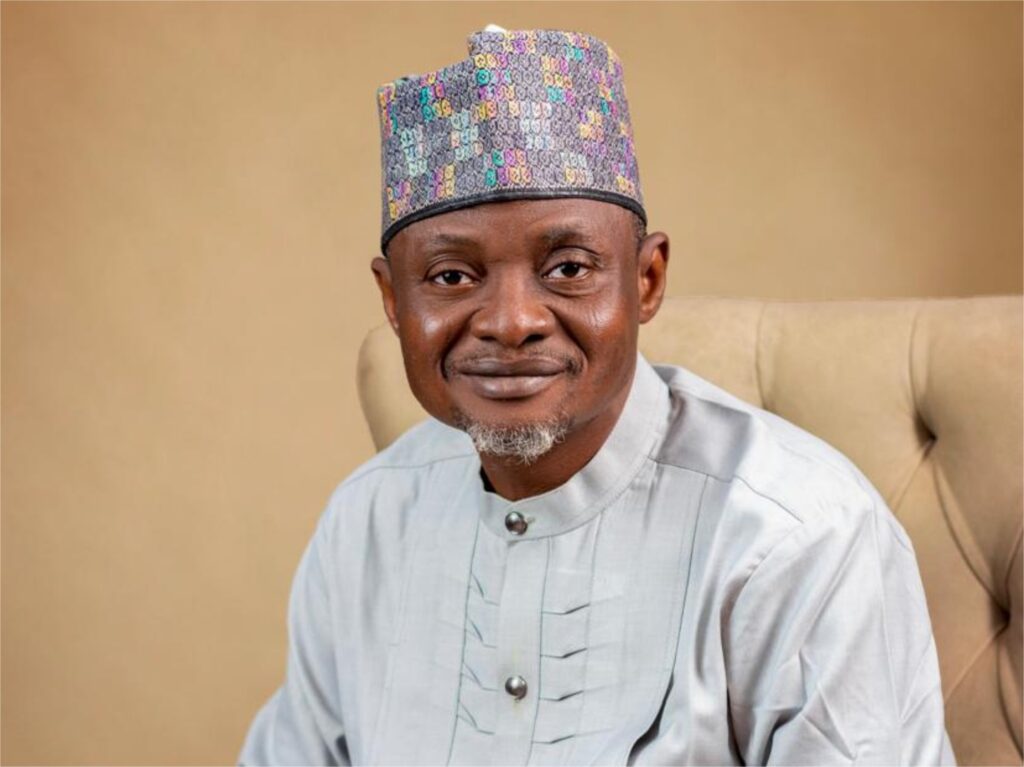
Preaches cleaner energy, targets two million jobs yearly
President Muhammadu Buhari, yesterday, launched a programme that would enable no less than 40 per cent vehicles plying Nigerian roads to run on compressed natural gas.
By 2021, the country shall have converted a million cars to cushion impacts of petroleum subsidy removal, which government said, gulped trillions of naira yearly.
During the virtual launch of the National Gas Expansion Programme and National Autogas Roll-out Initiative at the State House, Abuja, Buhari, noted that the development would enable domestic utilisation of the country’s 203 trillion cubic feet (TCF) of gas.
He stated: “Let me now express my deep appreciation to Nigerians for their patience, and Organised Labour for its maturity and patriotism, as we collectively navigate these global economic and other challenges.”
On the need for alternative, the President said: “It is no longer news that the vast natural gas resources, which Nigeria is endowed with, have hitherto been used sub-optimally as a result of dearth of gas processing facilities and infrastructure connectivity for effective and optimal domestic utilisation.
“As I mentioned above, with a proven reserve of about 203 trillion cubic feet (TCF) and the additional upside of 600 TCF ranking Nigeria as the ninth in the world currently, the need for domestic gas expansion and utilisation is apparent.”
He said the new development was not only going to ease the hardship arising from the deregulation of the downstream petroleum sector but would also serve as a veritable medium to a cleaner environment, job creation and catalyst for the growth of the Nigerian economy.
Admitting that deregulation had exposed many to price volatilities in the global market, he urged attention to more affordable alternative energy sources.
The Nigerian leader, who also foresees investments, noted that the move would galvanise potential investors.
He said the new realities called for a paradigm shift from the conventional dependence on white products for vehicles and industrial use.
Buhari added: “Therefore, the roll-out of the National Gas Expansion Programme, Auto-gas Initiative is coming at the right time, especially in light of global crude oil market fluctuations coupled with the full deregulation of the local PMS market.
“These developments have made it imperative to focus on gas as an alternative fuel to move Nigeria from the conventional dependence on white products for automobiles and prime movers of industrial applications to cleaner, more available, accessible and affordable energy source.
“The outcome will not only cushion the effect of the downstream deregulation that this government has to painfully implement, but also create new markets and enormous job opportunities for our people.
“I therefore encourage everyone to embrace gas in form of LPG, CNG and LNG as an alternative fuel for automobiles and other prime movers.”
He further said: “The Minister of State for Petroleum Resources is hereby directed to commence the process of handover of mass transit buses to Organised Labour as part of our government’s pledge to continue providing the support that will ease the transportation challenges Nigerians are facing at this time.”
Minister of State for Petroleum Resources, Timipre Sylva said efforts were ongoing at delivering sustainable energy, improving gas availability and accessibility, boosting gas-based industrialisation and promoting economic diversification.
He stressed the need to harness natural gas to spur manufacturing and productivity.
“We will continue to strengthen the gas value chain, as it is vital to transforming the economy of our great nation. This initiative is envisaged to create two million jobs per annum, promote skills acquisition and enhance technology transfer in addition to growing the nation’s GDP,” Sylva added.
Managing Director of the Nigerian National Petroleum Corporation (NNPC), Mele Kyari, said subsidy on petroleum, which hovered around N3 trillion yearly, cost the country prosperity.
According to him, with the collapse of the global economy due to effects of the COVID-19 pandemic, removing subsidy and leveraging alternatives were inevitable.
He said as much as one million cars would have been converted before the end of 2021, and at least 40 per cent of them powered by gas in the next 10 years, as the corporation freely offers to make them run on the resource.




